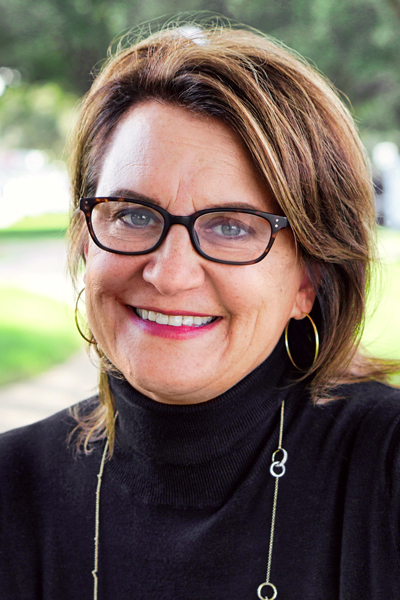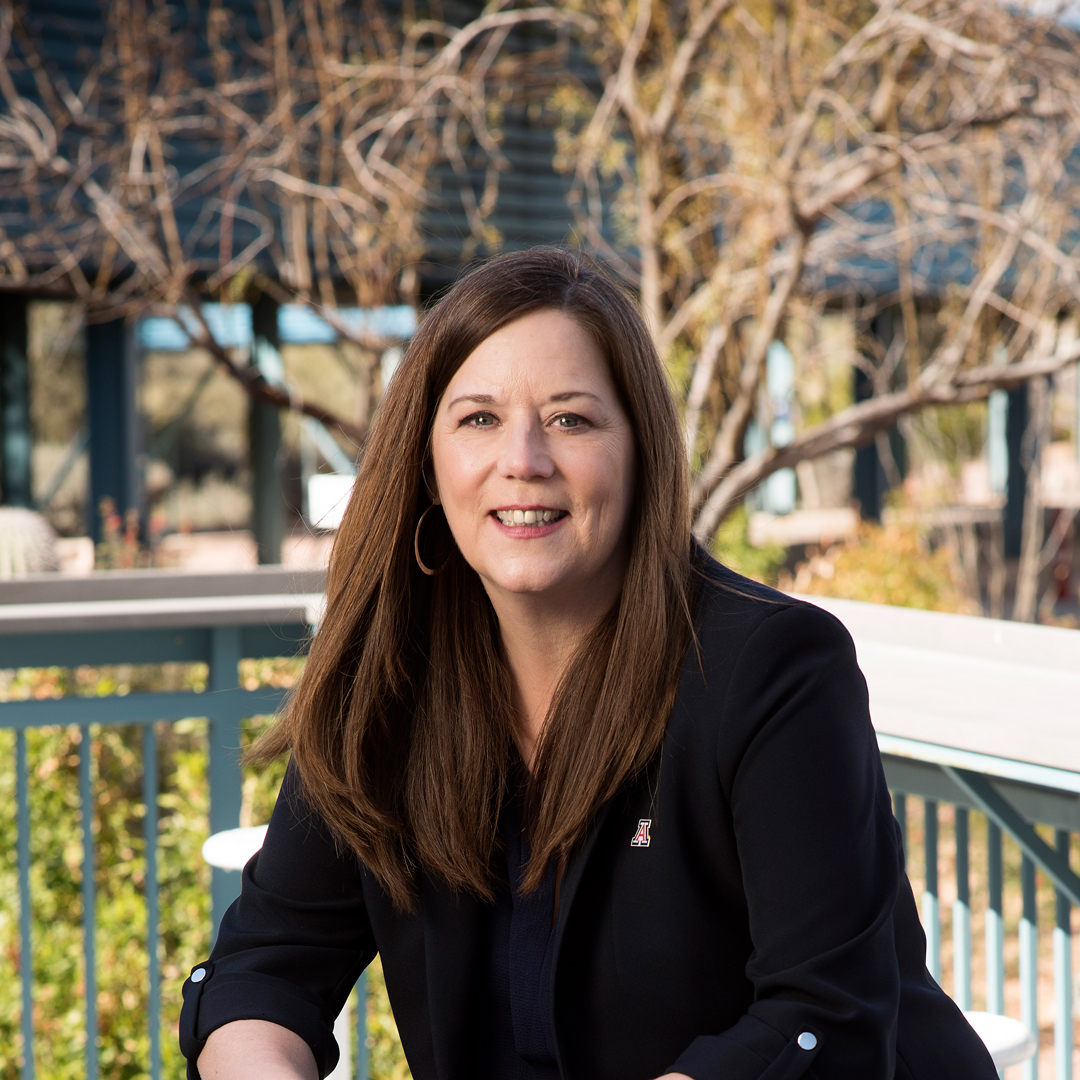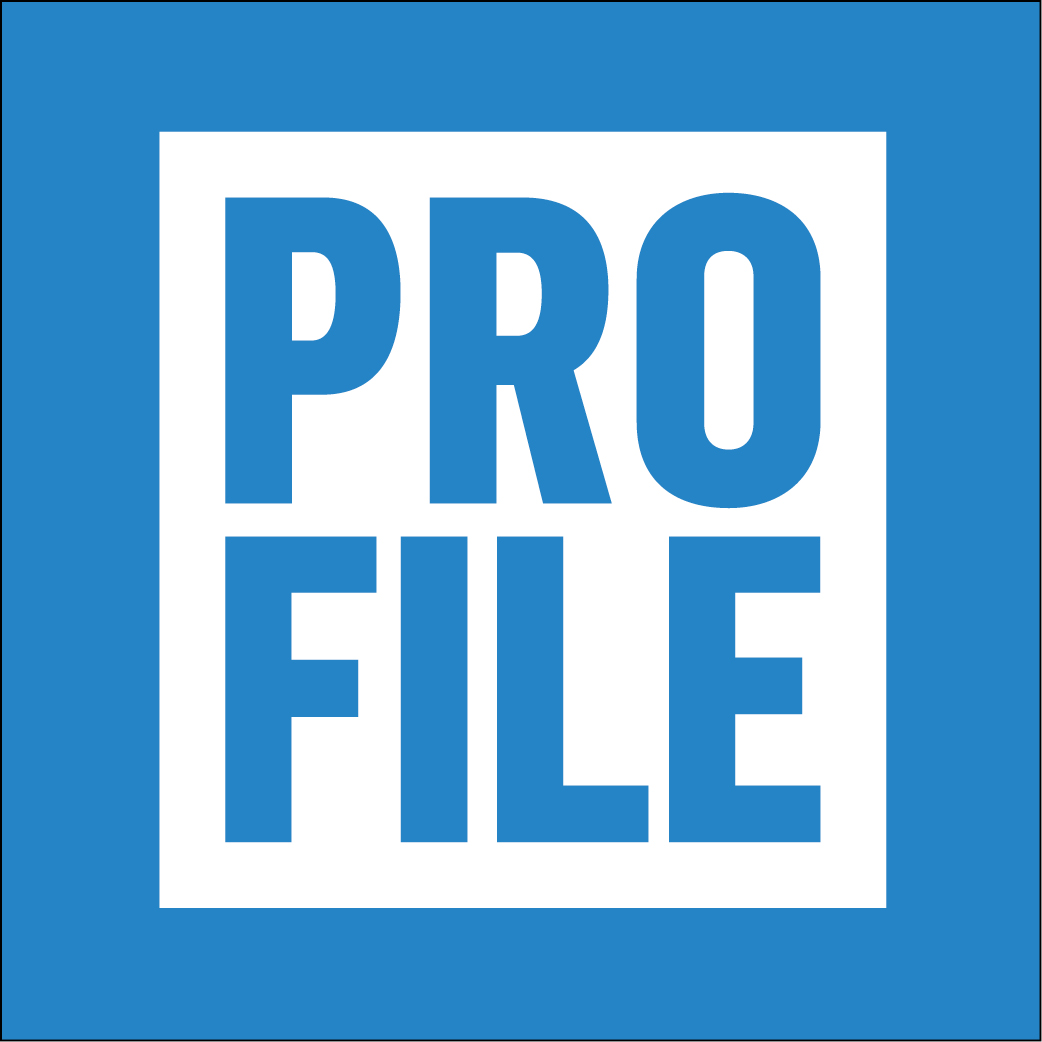|
Getting your Trinity Audio player ready... |
In the 1960s, a business executive and an airline salesperson get on a plane. After some conversation on their personal travel experiences, they agree there must be a better way to coordinate things to help improve the travel experience. And thus, Sabre Corporation was created from a partnership between IBM and American Airlines—a tech company that’s in the business of travel. Yvonne Freeman takes a similar approach as Sabre’s vice president of global total rewards and people, systems, and operations: she is an HR exec in the business of helping customers.

Freeman sees team members as her customers. “HR should market their company’s offerings to their customers and then must deliver or people will not continue to shop,” she explains. In her design models for great workplaces, Freeman considers how people make purchasing choices based on preferences and proven value. Time is currency, and she helps create an environment where team members will want to spend their time.
Twenty-five years ago, HR was mostly seen as an administrative function, Freeman explains. Now she sees the role of her department as figuring out how to motivate and incentivize Sabre team members to give their best in return for a great team member experience. “We care about our team members experience and want to help support them in their life and their work,” she says.
Early in her career, Freeman learned through mentorship that “that HR program designs and communications must have balance,” she says. A balance of art and science are key to her vision. With intentionally balanced art and design—considering what team members ask for, competitive practices, financial implications, fit within a company’s existing portfolio of offerings, and creating a great team member experience—what HR creates and offers will resonate with everyone.
“You have to put it all together, stir it up, and put together something that makes sense to all stakeholders, including your customer base,” she says. Solutions need to consider the interests of team members, the company, and shareholders. “Most of what HR does is based on logic and common sense.”
Championing a balance of both reactive and proactive responses is another foundational lesson in Freeman’s career. Importantly, she insists on HR designing out in the open, with input and collaboration from across the organization. “I approach things by taking people along in the journey,” Freeman says. “I like to connect with others and think holistically.” Freeman honed this wide lens and strategic thinking throughout her career growth from an individual contributor to executive across different industries.
“What you learn is that it’s not about you.”
Parsing her time, Freeman spends much of it leading and supporting, both with her team and throughout the company. To do this, she is constantly striving to innovate and improve things, seeking out and removing pain points, improving processes and offerings, and coaching and helping others overcome obstacles and think differently. For Freeman leadership is, again, a fine balance, one of motivation, prioritization, feedback, and leading by example.
Freeman’s six direct reports oversee sixty team members working around the world. Building this team, Freeman attracts “people who like challenge.” She explains, “anybody can tell you that you can’t do something. The key is to figure out how we can.” The individuals who can adopt that mindset and deliver are the ones she seeks to join her team.
In her year and a half at Sabre, Freeman has helped influence HR to “show up like a tech company,” she says, as they evaluate the constant attract-motivate-retain cycle. “We have got to know our employee base, how to speak to the base,” she says. The HR exec looks to create an experience and relies on four Cs to do so: compete, control costs, comply, and communicate. Within her team, she also adds a fifth C: camaraderie. Partnering with companies like Workhuman, Freeman helps bring programs like a global recognition program to life to help connect team members around the world and celebrate accomplishments.
In the face of the COVID-19 pandemic, Sabre finds itself in an interesting position. While they impact travelers a great deal—likely anyone who has ever booked an airline ticket or made a hotel reservation around the world has come into contact with Sabre technology—the company is not totally end-user facing. In this moment, Freeman and Sabre have embraced the moment of the crisis as a “liberation of flexibility.” Ideas that had previously started to gain ground, like work-from-anywhere, have accelerated.
“As the travel landscape evolves, we help shape that future.”
Freeman also continues critical transformations around transparency. Laying out agendas and possibilities, she knows it is important to be open and vulnerable. “Great ideas can come from anyone, anywhere,’” she says. She understood early on that many of her team members weren’t used to leadership asking for input and opinions. Culture change requires another delicate balance.
Both Sabre and Freeman value giving back to the community. The company offers every team member one paid day off to volunteer each quarter. Freeman spends her volunteer time serving on the Neuro Assistance Foundation board and is also dedicated to Carry the Load. “What you learn is that it’s not about you,” she says.
This humility also sits at the center of her HR ethos, one that has been essential when leading through a global crisis. “As the travel landscape evolves,” she says, “we shape that future.”

